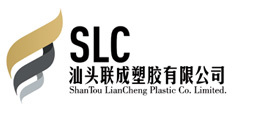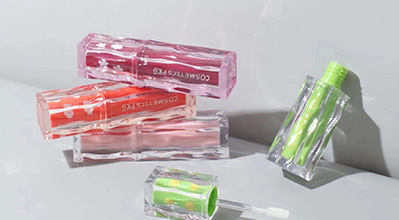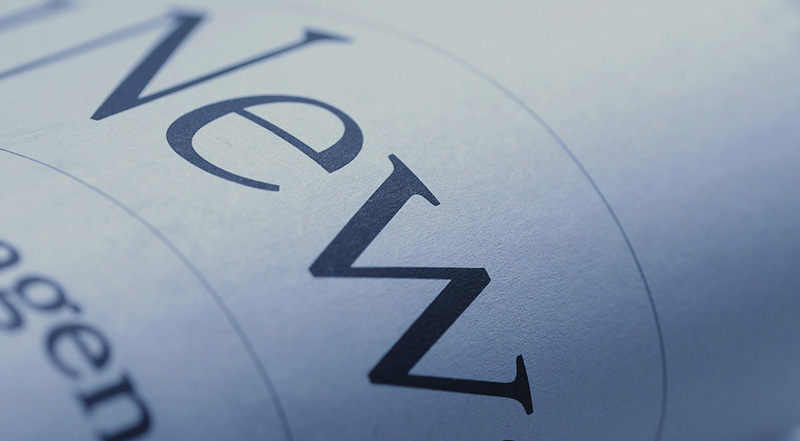Market and Business Opportunities Analysis of Cosmetic Packaging
Release time:
2023-03-21
Cosmetic packaging is a rapidly growing sub field in recent years. In the era of eyeball economy and lipstick effect, cosmetic packaging presents characteristics such as exquisite printing, structural irregularity, brand niche, and server-side end-to-end. For companies struggling in the fiercely competitive packaging industry, it is time to study the business opportunities brought about by the development and changes in the cosmetics industry. Below, we will share streamlined information about the cosmetics industry with you. Interested parties can bookmark it. 01. Industry scale and growth potential China is the second largest consumer of cosmetics after the United States, accounting for 12.7% of the global cosmetics market. As the second largest consumer of cosmetics, the size of China's beauty and personal care market reached 477.7 billion yuan in 2019, a year-on-year increase of 13.8%. Compared with other consumer industries, according to data from the National Bureau of Statistics, the retail sales of cosmetics in China increased by 12% year-on-year in 2019, second only to the daily necessities category, which grew by 13%. 02. Industry representative brands and corresponding companies In the Chinese cosmetics market, the market share of domestic brands is slightly higher than that of international brands. By 2018, the market share of domestic cosmetics brands had increased to 56%. The high-end market is controlled by international brands, while domestic brands mostly target the mass market. Domestic brand channels are deeply sinking, with obvious advantages in the offline market of third and fourth tier. From the online perspective, the most significant change in 2019 is the rise of Tiktok E-commerce and Taobao Live, which further shortens the distance between users' "planting grass" and purchase. With advantages such as wide channels, high cost-effectiveness, and fast supply chain response, the market share of domestic cosmetics brands continues to increase. Chinese domestic cosmetic brand listed companies mainly include companies such as Perlier, Marumi, Shanghai Jiahua, Yujiahui, Huaxi Biotechnology, and Betaine. Among them, Shanghai Jiahua was established the earliest and has many local traditional brands, such as Baicaoji, Meijiajing, Liushen, Jia'an, Shuangmei, etc. Although Huaxi Biotechnology was established in 2000, most of its independent brands were established in the past two years, such as BM and Mibeier. Yujiahui was established relatively late, but its brands such as Yunifang and Xiaomishou are as well-known as traditional old brands. Basic information of brands of major listed companies in the Chinese cosmetics industry: 03. Sales performance of industry representative brands The sales of local brands such as Kuadi and Runbaiyan under Huaxi Biotechnology, Love Fire under Marumi, Qichu under Shanghai Jiahua, Yunifang and Huayaohua under Yujiahui, and Winona under Betani have all grown rapidly. From 2019.07-2020.08, the sales of makeup/perfume/beauty tools on Taoxi platform showed that the sales and sales of Caitang under Pelaia, Love Fire under Marumi, Shuangmei under Shanghai Jiahua and Shiyi under Yujiahui grew rapidly.
Cosmetic packaging is a rapidly growing sub field in recent years. In the era of eyeball economy and lipstick effect, cosmetic packaging presents characteristics such as exquisite printing, structural irregularity, brand niche, and server-side end-to-end.
For companies struggling in the fiercely competitive packaging industry, it is time to study the business opportunities brought about by the development and changes in the cosmetics industry. Below, we will share streamlined information about the cosmetics industry with you. Interested parties can bookmark it.
01. Industry scale and growth potential
China is the second largest consumer of cosmetics after the United States, accounting for 12.7% of the global cosmetics market. As the second largest consumer of cosmetics, the size of China's beauty and personal care market reached 477.7 billion yuan in 2019, a year-on-year increase of 13.8%.
Compared with other consumer industries, according to data from the National Bureau of Statistics, the retail sales of cosmetics in China increased by 12% year-on-year in 2019, second only to the daily necessities category, which grew by 13%.
02. Industry representative brands and corresponding companies
In the Chinese cosmetics market, the market share of domestic brands is slightly higher than that of international brands. By 2018, the market share of domestic cosmetics brands had increased to 56%.
The high-end market is controlled by international brands, while domestic brands mostly target the mass market. Domestic brand channels are deeply sinking, with obvious advantages in the offline market of third and fourth tier.
From the online perspective, the most significant change in 2019 is the rise of Tiktok E-commerce and Taobao Live, which further shortens the distance between users' "planting grass" and purchase. With advantages such as wide channels, high cost-effectiveness, and fast supply chain response, the market share of domestic cosmetics brands continues to increase.
Chinese domestic cosmetic brand listed companies mainly include companies such as Perlier, Marumi, Shanghai Jiahua, Yujiahui, Huaxi Biotechnology, and Betaine. Among them, Shanghai Jiahua was established the earliest and has many local traditional brands, such as Baicaoji, Meijiajing, Liushen, Jia'an, Shuangmei, etc. Although Huaxi Biotechnology was established in 2000, most of its independent brands were established in the past two years, such as BM and Mibeier. Yujiahui was established relatively late, but its brands such as Yunifang and Xiaomishou are as well-known as traditional old brands.
Basic information of brands of major listed companies in the Chinese cosmetics industry:
03. Sales performance of industry representative brands
The sales of local brands such as Kuadi and Runbaiyan under Huaxi Biotechnology, Love Fire under Marumi, Qichu under Shanghai Jiahua, Yunifang and Huayaohua under Yujiahui, and Winona under Betani have all grown rapidly. From 2019.07-2020.08, the sales of makeup/perfume/beauty tools on Taoxi platform showed that the sales and sales of Caitang under Pelaia, Love Fire under Marumi, Shuangmei under Shanghai Jiahua and Shiyi under Yujiahui grew rapidly.





